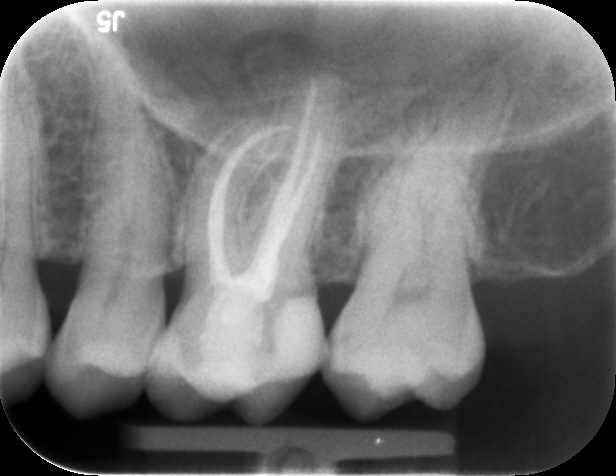FAQ
Is root canal treatment painful?
Having a root canal treatment is often no more uncomfortable than having a filling. In fact, root canal treatment doesn’t cause pain but actually relieves it. Dr Mahya Farmani, as a Specialist Endodontist, understands a great deal about pain management and with advanced techniques and anaesthetics, majority of patients report that they are comfortable during the treatment.
Can you treat root canal infection with antibiotics?
Treating a root canal infection can only be done by manually removing the infection from the canal of the tooth. Antibiotics occasionally help suppress some symptoms but cannot treat a root canal infection because the source of infection is inside the tooth.
My tooth doesn’t bother me, do I still need root canal?
There are occasions where root canal is needed even if there is no pain. Endodontists can carry out special vitality tests on the tooth to determine whether pulp or nerve of tooth is infected and whether root canal treatment is necessary to save the tooth.
Is it better to save the tooth with root canal or remove it?
As dentists our aim is to prolong the life of a natural tooth where possible. Having your own natural teeth is essential for good eating and chewing. There is on average 80-90% chance of success from root canal treatment with a specialist endodontist. Removing the tooth may seem like the cheapest option but has consequences long terms such as:
- Drifting and tilting of neighboring teeth leading to a more unstable bite and further problems
- Difficulty in eating and need to replace the missing tooth with much more costly options than initial root canal.
- Aesthetic issues arising from missing tooth visible in smile.
If you require a root treatment, more complex root canal re-treatment or root surgery, please book a consultation with our specialist endodontist, Dr Mahya Farmani to assess your tooth, discuss options, the treatment and put you mind at ease.


















